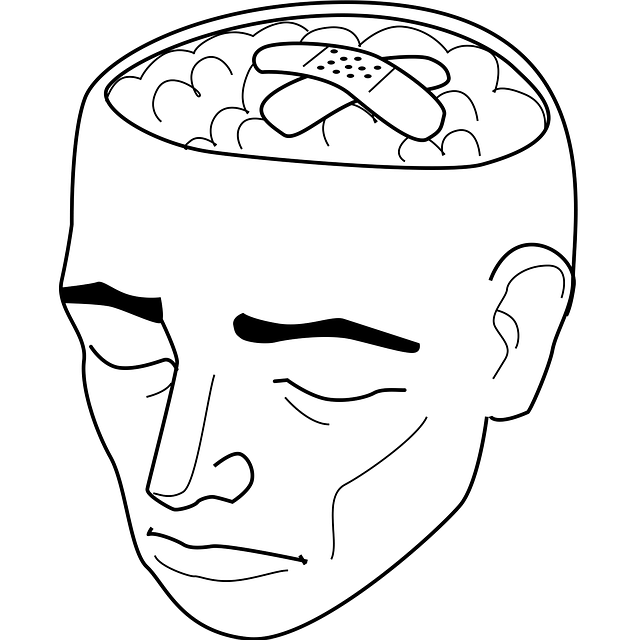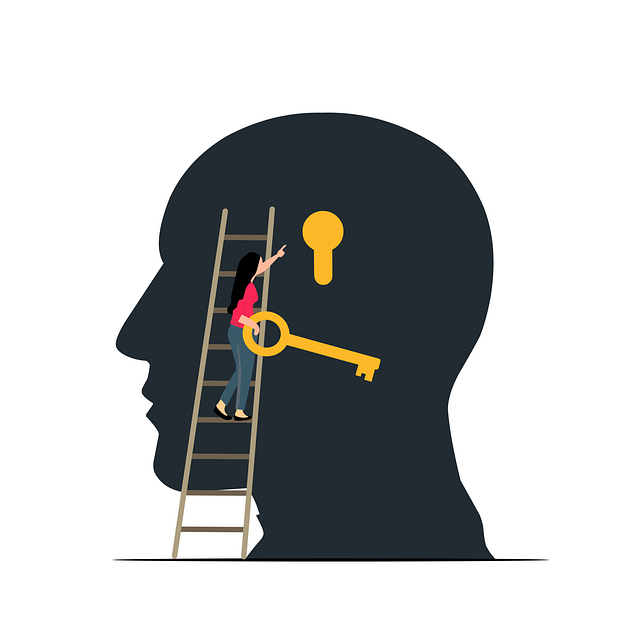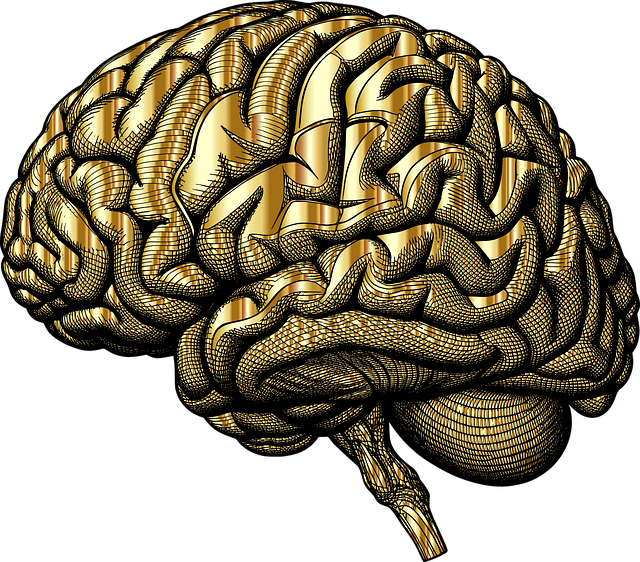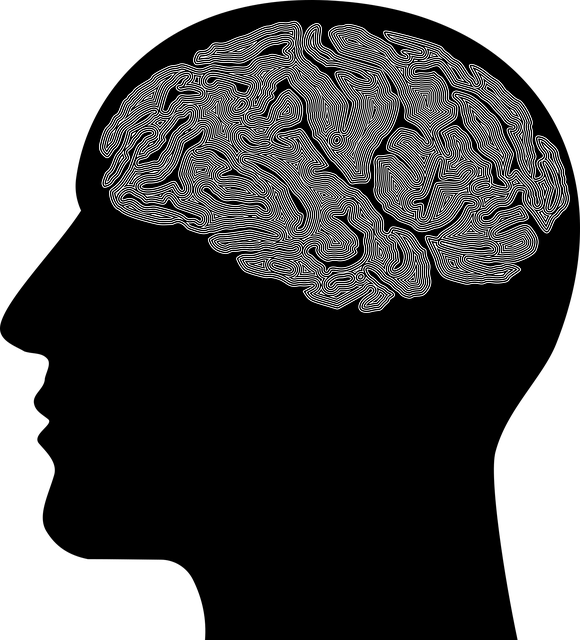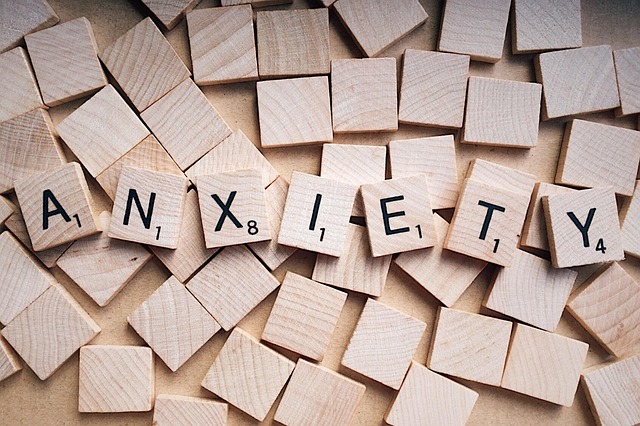Mental wellness is a holistic state encompassing emotional, psychological, and social aspects, crucial for daily functioning and decision-making. Modern life's stressors, such as work, finances, and social pressures, highlight the need for proactive self-care through Superior Stress Management Therapy. Self-assessment tools aid individuals in understanding their thoughts and behaviors, enabling them to employ effective stress management techniques and develop personalized coping strategies. Integrating these practices with therapy fosters resilience, balance, and early intervention for mental health issues, normalizing assistance-seeking and promoting fulfilling lives.
Mental wellness, encompassing our emotional, psychological, and social well-being, is pivotal for navigating daily life with resilience and fulfillment. Early detection and prevention of mental health challenges are essential, as they can profoundly impact individuals, shaping their overall quality of life. This article delves into the development of self-assessment tools designed to facilitate superior stress management therapy. We explore evidence-based assessment methods, user-friendly interfaces, and feedback mechanisms to empower individuals in managing their mental wellness effectively. By tailoring therapy plans based on self-assessments, we can foster personalized paths to improved well-being.
- Understanding Mental Wellness and the Need for Self-Assessment
- – Defining mental wellness and its significance in daily life.
- – The importance of early detection and prevention in maintaining mental health.
Understanding Mental Wellness and the Need for Self-Assessment

Mental wellness is a holistic concept encompassing emotional, psychological, and social well-being. It’s about recognizing and valuing one’s unique potential, managing stress, and achieving a sense of contentment and purpose in life. However, navigating modern life often presents challenges that can negatively impact mental health, making it crucial to prioritize self-care and mental wellness.
The need for self-assessment tools arises from the increasing awareness of mental health issues and the importance of early intervention. These tools empower individuals to take charge of their mental well-being by providing insights into their thoughts, feelings, and behaviors. By integrating superior stress management techniques within these assessments, individuals can develop personalized strategies for improving their mental health awareness and enhancing coping mechanisms. This proactive approach, supported by effective therapy methods, paves the way for positive changes in mental wellness coaching programs, ultimately fostering more resilient and balanced lives.
– Defining mental wellness and its significance in daily life.

Mental wellness refers to our emotional, psychological, and social well-being. It impacts how we think, feel, and act in various aspects of daily life, affecting our ability to cope with stress, make choices, and relate to others. Achieving and maintaining mental wellness is crucial for overall health and happiness, enabling individuals to flourish and reach their full potential.
In today’s fast-paced world, where factors like work pressures, financial anxieties, and social connections can contribute to heightened stress levels, superior stress management therapy plays a vital role in promoting mental wellness. By equipping individuals with effective coping mechanisms and enhancing their resilience, these therapies help navigate life’s challenges more adeptly. Moreover, mental illness stigma reduction efforts, coupled with trauma support services and healthcare provider cultural competency training, create an enabling environment where seeking assistance for mental health concerns is normalized. This collective approach ensures that everyone has access to the resources needed to thrive and lead fulfilling lives.
– The importance of early detection and prevention in maintaining mental health.

Early detection and prevention play a pivotal role in safeguarding mental health. By incorporating effective self-assessment tools, individuals can gain valuable insights into their emotional well-being, enabling proactive measures to maintain balance. These tools facilitate timely identification of stress management challenges, be it overwhelming workloads or traumatic experiences, thus fostering the development of inner strength.
Promoting emotional well-being through superior stress management therapy not only enhances resilience but also reduces the risk of escalating mental health issues. Self-assessment acts as a gateway to personalized care, empowering individuals to take charge of their mental wellness journey. This proactive approach encourages the adoption of healthy coping mechanisms and Trauma Support Services, ultimately contributing to a more balanced and fulfilling life.
Mental wellness is a crucial aspect of overall well-being, and self-assessment tools play a vital role in promoting healthy minds. By understanding mental wellness and its impact on daily life, we can emphasize the value of early detection and prevention through effective self-assessment practices. These tools, designed to enhance superior stress management therapy, empower individuals to take charge of their mental health. Through regular self-evaluation, folks can identify potential issues, foster positive changes, and navigate the labyrinthine journey towards improved mental wellness, ultimately revolutionizing their lives.
